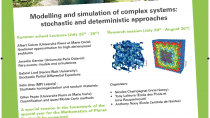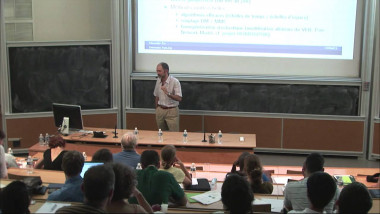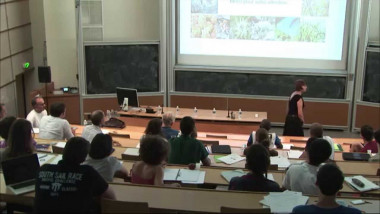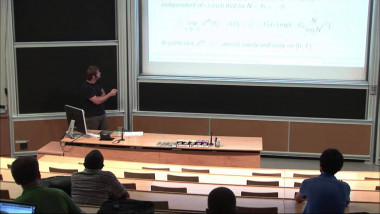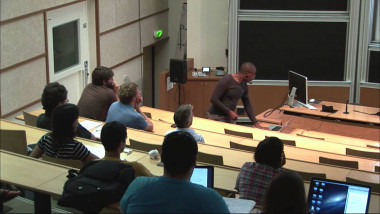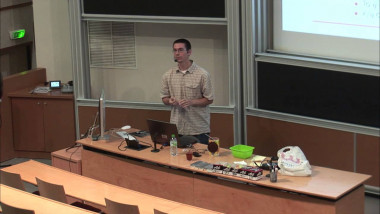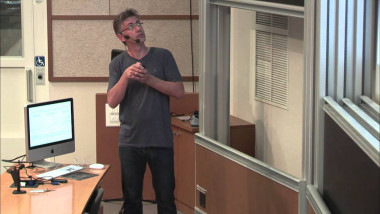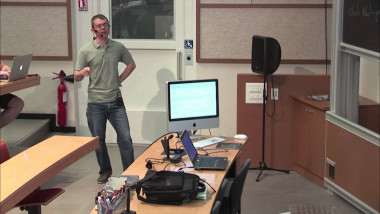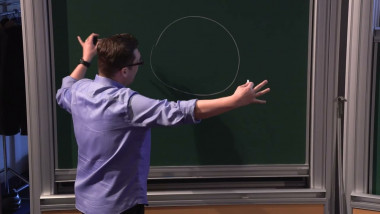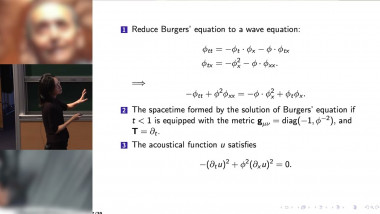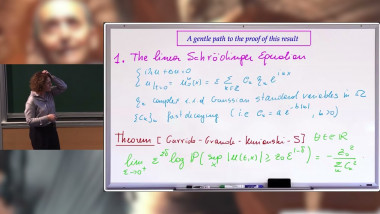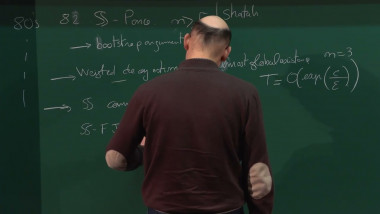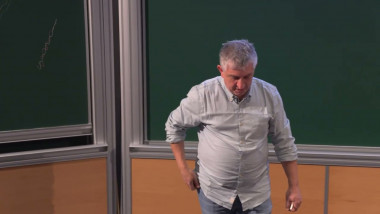Variance reduction approaches for stochastic homogenization
The simulation of random heterogeneous materials is often very expensive. For instance, in a homogenization setting, the homogenized coefficient is defined from the so-called corrector function, that solves a partial differential equation set on the entire space. This is in contrast with the periodic case, where he corrector function solves an equation set on a single periodic cell. As a consequence, in the stochastic setting, the numerical approximation of the corrector function (and therefore of the homogenized coefficient) is a challenging computational task. In practice, the corrector problem is solved on a truncated domain, and the exact homogenized coefficient is recovered only in the limit of infinitely large domains. As a consequence of this truncation, the approximated homogenized coefficient turns out to be stochastic, even though the exact homogenized coefficient is deterministic. One then has to resort to Monte-Carlo methods, in order to compute the expectation of the (approximated, apparent) homogenized coefficient within a good accuracy. Variance reduction questions thus naturally come into play, in order to increase the accuracy (e.g. reduce the size of the confidence interval) for a fixed computational cost. In this talk, we will present some variance reduction approaches to address this question.











